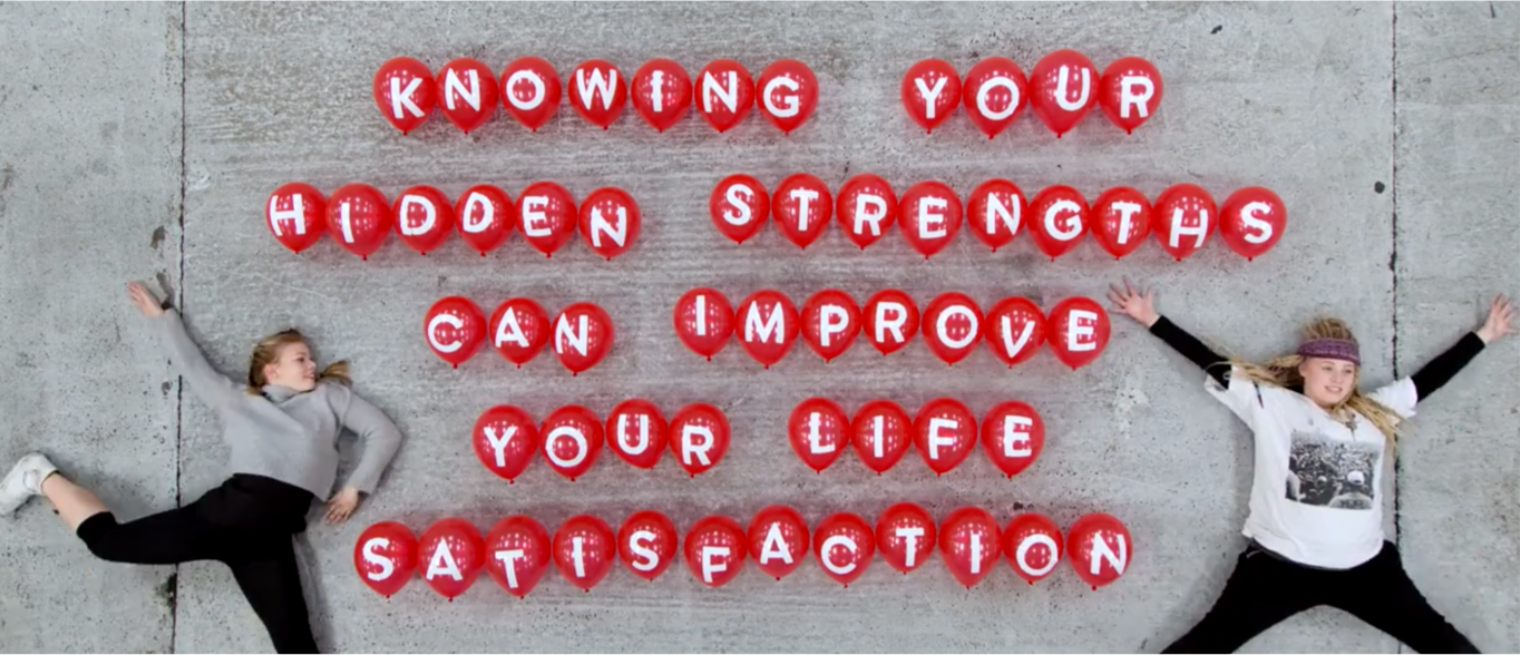Oops, your cart is empty!

Spirituality and awe
What is spirituality?
Spirituality means different things to different people. It refers to the way in which we make sense of the world, as people and as communities, especially in regard to the big questions (about things like suffering and death) which have no answer.
Spirituality is often identified with formal religion but it also includes all the ways in which humans try to make sense of how we fit in with the larger scheme of things, what our ultimate meaning and purpose is. At the heart of the idea of spirituality is a sense of relationship – with other people, with nature and the universe, with deep values.
For Māori, the terms 'wairuatanga' or 'wairua' are used to speak of the spiritual dimension and things pertaining to the spirit of an individual or living being (as in the 'wairua' or spiritual essence of each living thing). Values, beliefs and practices related to wairua are considered an essential cornerstone of Māori health and well-being.
Te Whare Tapa Whā is an important health promotion model which represents the 4 walls of a house as the 4 integral aspects of wellbeing:

How spiritual are you?
Spiritualty is one of 24 character strengths identified by American non-profit organisation the VIA Institute on Character. VIA identifies this strength as ‘Having coherent beliefs about the higher purpose and meaning of the universe; knowing where one fits within the larger scheme; having beliefs about the meaning of life that shape conduct and provide comfort.'
The questions in this survey tend to point towards a definition of spirituality in terms of formal religious practice – given this slightly narrow definition, it is possible that this quiz format may not pick up some ‘non-religious’ respondents’ spiritual strengths. However, the strength sits within the category of ‘transcendence’ which is defined as ‘a broad sense of connection to something higher in meaning and purpose than ourselves.’ Other strengths in this category include appreciation of beauty and excellence, gratitude, hope and humour – all of which are ‘spiritual’ strengths in that they increase sense of purpose and connection.
To discover your hidden strengths and where spirituality fits for you, take VIA's 10-15 minute strength quiz.

That feeling of awe
You don’t need to be religious to experience spirituality - we all have those moments when we feel a real a sense of wonder. Maybe you’ve be stuck by feelings of awe when you’ve been out in nature, or you’ve hung on every note at a concert, or been mesmerised at a gallery, or when you’ve witnessed a truly heroic act.
According to Greater Good in Action, central to the experience of awe is a sense of smallness, but not the kind associated with shame or self-doubt—rather, awe involves feeling interconnected with others and broadening our horizons, like a camera lens zooming out to reveal a more complex and inclusive picture. From this vantage point, everyday concerns tend to feel less overwhelming—as we get smaller, so do they.
Some of the research following the Canterbury Earthquakes 2010-2011 identified that those who experienced a sense of awe during large earthquakes ( along with the natural feelings of shock and fear) tended to cope better in the long run – this suggests that growing our ability to experience awe could be a useful way to protect ourselves from the most harmful effects of anxiety.


